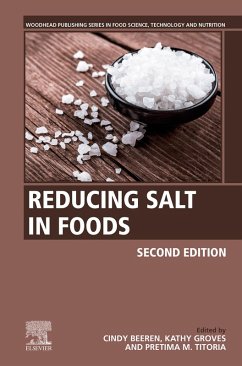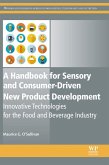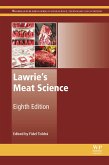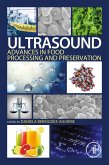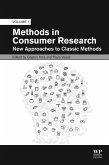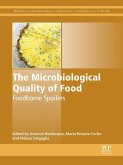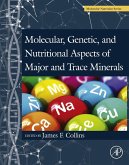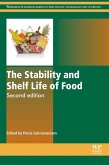Reducing Salt in Foods, Second Edition, presents updated strategies for reducing salt intake. The book contains comprehensive information on a wide range of topics, including the key health issues driving efforts to reduce salt, government action regarding salt reduction and the implications of salt labeling. Consumer perceptions of salt and views on salt reduction in different countries are also discussed, as are taste, processing and preservation functions of salt and salt reduction strategies. Final sections discuss salt reduction in particular food groups, including meat and poultry, seafood, bread, snack foods, dairy products and canned foods, each one including a case study.
This updated edition also includes a new section on the future of salt reduction, the development of new ingredients to replace salt, salt reduction in catering, and how to teach new generations to adjust salt levels from an early age.
This updated edition also includes a new section on the future of salt reduction, the development of new ingredients to replace salt, salt reduction in catering, and how to teach new generations to adjust salt levels from an early age.
- Completely revised and updated with an overview of the latest developments in salt reduction
- Presents guidelines to help with reducing salt in specific product groups
- Presents a new section on the future of salt reduction, development of new ingredients to replace salt, salt reduction in catering and how to teach new generations to adjust salt levels from an early age
- Contains new chapters on preservation issues, taste issues and processing issues when reducing salt in food, along with case studies that illustrate salt reduction
Dieser Download kann aus rechtlichen Gründen nur mit Rechnungsadresse in A, B, BG, CY, CZ, D, DK, EW, E, FIN, F, GR, HR, H, IRL, I, LT, L, LR, M, NL, PL, P, R, S, SLO, SK ausgeliefert werden.

